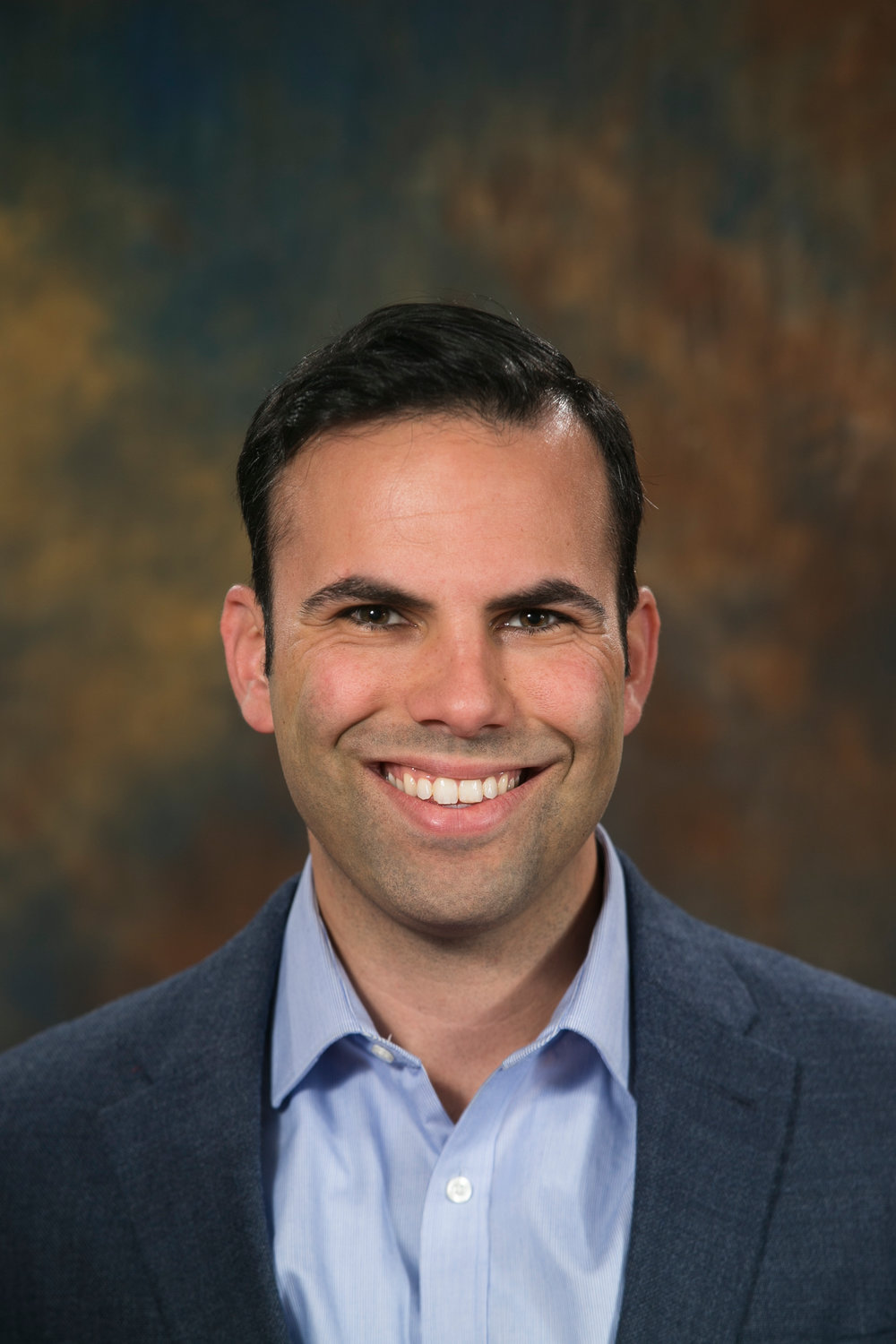Using Passover as an educational experience
The Passover holiday is truly a highlight in the Jewish calendar. There are so many wonderful traditions and interesting ideas to discuss, it is quite difficult to choose just one to discuss. However, one topic that has always stuck out in my mind is the “four children” mentioned in the Haggadah.
In the Haggadah, we read about the four different types of children: The wise one, the wicked one, the simple one and the shy one (“He who does not know how to ask”). Each one of these children could be present at our Seder, and the Haggadah teaches us how to respond.
Perhaps you’ve also felt this way, but these labels have always bothered me. Why would we call a child wicked? Or shy? Won’t this create jealousy at best and discrimination at worst? What kind of eternal message is this idea of the four children trying to teach us?
Where did these four titles come from? It turns out that the rabbis of antiquity did not choose these four categories of children randomly. There are four different verses in the Bible that describe a conversation between a parent and child regarding the Passover story, and each verse uses different language and nuance. Rabbinic scholars merely examined these differences and discovered various personality types from the phraseology.
Whereas the conversations typically begin with a child asking the parent a question, the “wicked” son’s Bible verse actually is missing a question. It states: And when it comes to pass that your children will say to you, “What is the meaning of this service to you?” (Exodus 12:26). It may appear superficially that this child is seeking knowledge, the tone and phrasing of his statement show us that he is not really interested in the answer at all.
While the other children ask genuine questions, the wicked one seeks merely to instigate and disparage the others who are present. He is making a statement. Judaism greatly values questions. As the old joke goes, someone asked a rabbi why rabbis always respond to questions with another question, the rabbi smiled wryly and responded “Why not?”
Asking questions is a fundamental method of learning, understanding and analyzing. Jewish texts are replete with scholars challenging each other with logical questions, and students are strongly encouraged to ask questions as well. As my eighth-grade student, Kayla Lerner, wrote in an essay, “The more complex and out of the box your questions are, he more complex and interesting your answers will be.”
In fact, this is one of the main purposes of the whole Seder. So many traditions at the Seder are designed to grab a child’s interest and to peak their curiosity. We have built in questions in the Haggadah (The Ma Nishtana) just to give children an opportunity to
ask questions!
If a child (or adult) is seeking to learn more information or understand an idea better, then we must foster that interest by engaging them in meaningful dialogue. However, the wicked one or the contrary one, as one Haggadah translates it, makes it clear to others that he or she is not interested in hearing a response.
At The Brandeis School we aspire to create an environment for our diverse student population that encourages healthy dialogue and critical thinking, for that is the best way to learn. So, to paraphrase the Haggadah Let all who are thirsty for knowledge come and learn! Happy Passover!
Rabbi Haimoff teaches at The Brandeis School in Lawrence.






